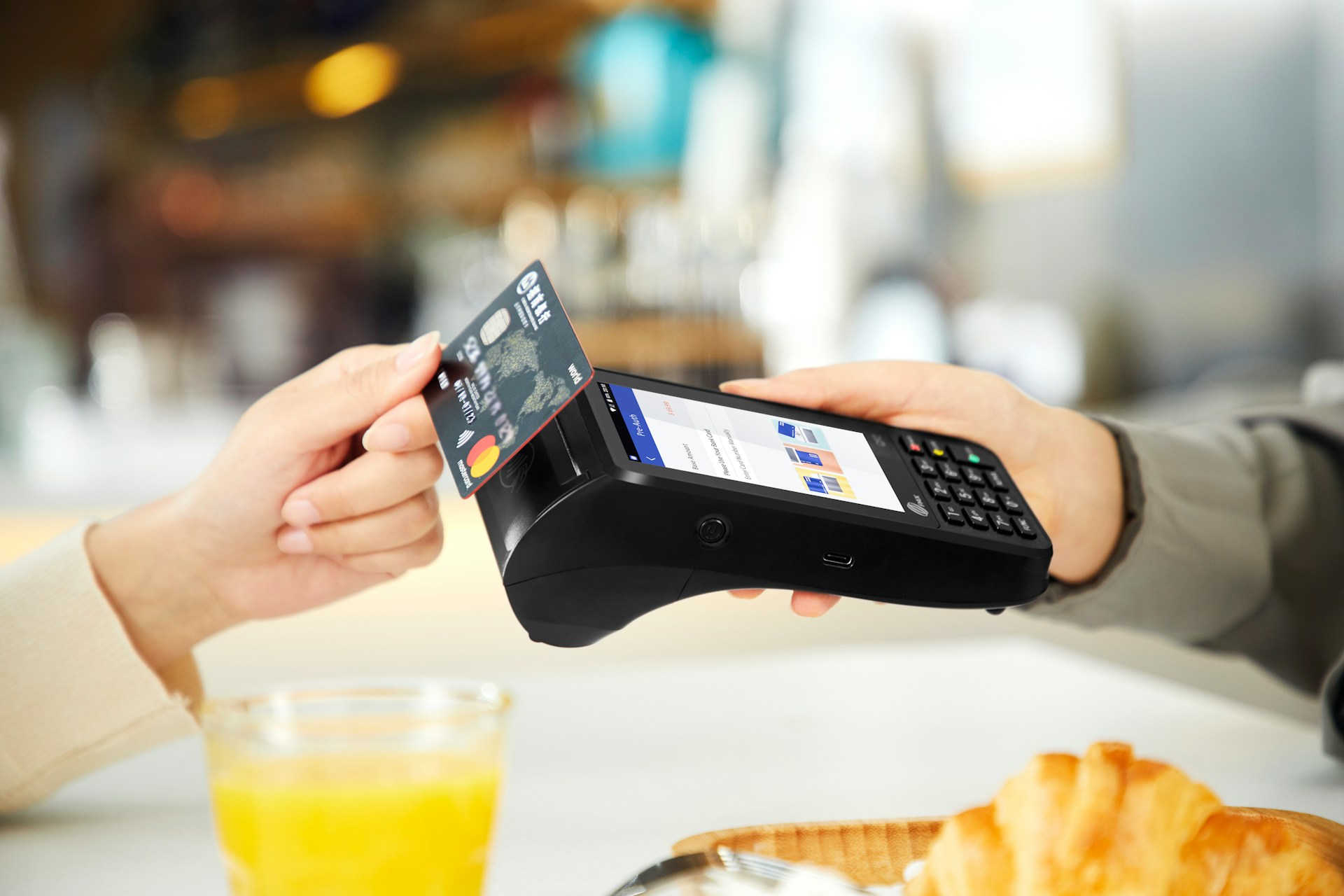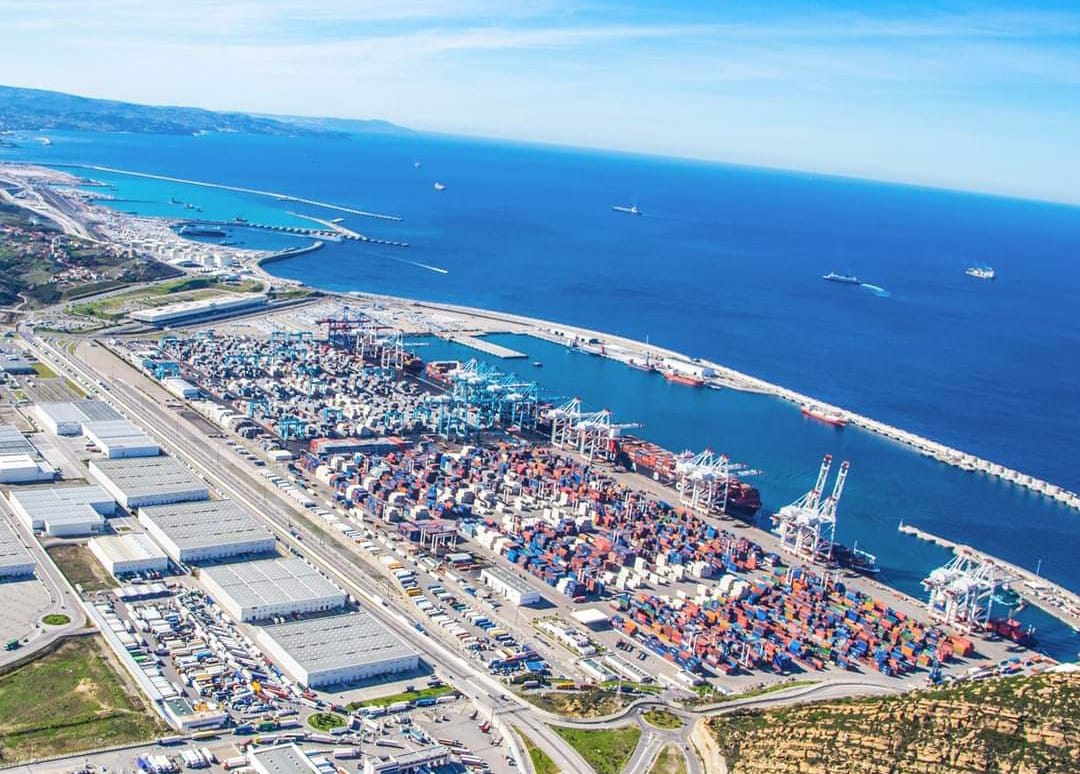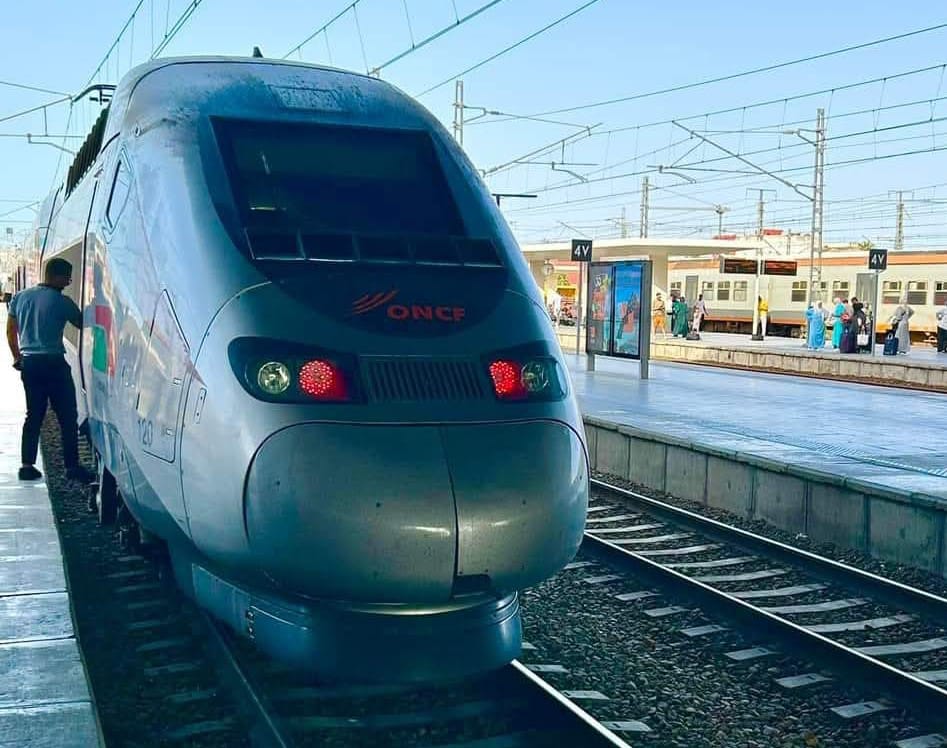Casablanca – Morocco’s transition toward a more digital and diversified payment ecosystem continued to advance in 2024, supported by rising electronic payments, expanding fintech initiatives, and strengthened financial market infrastructure. The latest findings from Bank Al-Maghrib (BAM), drawn from its annual reports on financial market infrastructures and payment systems, show a year marked by increased resilience, changing consumer habits, and a gradual move away from cash dependence.
According to BAM, card-based payments—including ATM-initiated transactions and online payments—recorded strong momentum with 192.5 million operations in 2024, up 17% compared to 2023. The total value of these operations reached $6.49 billion, reflecting an 11% increase from the previous year. This rise signals a steady expansion of Morocco’s digital payments ecosystem, supported by broader merchant acceptance and more widespread use of mobile and online services.
Despite this growth, cash withdrawals still dominate total card activity. BAM reports that withdrawals reached 401 million operations in 2024, slightly down from 402 million in 2023. In value terms, withdrawals rose marginally to $41.55 billion, compared with $41.13 billion the previous year.
The structure of national transactions indicates a gradual shift: the share of cash withdrawals fell from 71% in 2023 to 68% in 2024, while the share of payment transactions increased from 29% to 32%. In value, the share of payments rose from 13% to 14%, marking a slow but consistent transition toward digital payment culture.
For Moroccan cardholders operating domestically, usage patterns continued to evolve. The payment ratio increased from 28.9% to 32.4% in number of transactions, and from 12.5% to 13.6% in value. This progress reflects improved confidence in digital solutions, broader availability of contactless terminals, and the expansion of e-commerce platforms.
A major driver of growth was the use of Electronic Payment Terminals (EPTs). Payments processed through EPTs increased by 17% to reach 153.3 million transactions in 2024. The total value rose from $4.83 billion in 2023 to $5.38 billion in 2024. Contactless payments remained particularly dynamic, rising to 74% of all EPT payments by December 2024—up from 57% the year before. In volume terms, contactless operations grew from 75.4 million to 112.8 million transactions.
Online commerce continued its expansion as well. E-commerce card payments rose 20% in number—from 32.1 million to 38.5 million transactions—and increased 11% in value to $1.13 billion. The rise of digital billing services and expanded e-government payment options played a significant role in sustaining this upward trend.
In contrast, domestic ATM-based payment operations (excluding cash withdrawals) continued to decline sharply. These transactions dropped 21% in volume and 47% in value, settling at 0.8 million operations worth $9.18 million. This decline reflects a clear shift toward mobile banking applications and online payment platforms for everyday transactions.
Foreign card activity in Morocco continued to rebound strongly in 2024. Transactions by foreign cardholders totaled 38.3 million operations valued at $4.30 billion, representing increases of 58% and 43% respectively. This growth mirrors the recovery of tourism and rising spending by international visitors.
Meanwhile, transactions by Moroccan cardholders abroad regained their pre-pandemic trajectory. Operations increased 52% to reach 35.5 million transactions, while total value rose 37% to $1.79 billion, up from $1.31 billion in 2023.
Beyond consumer payments, BAM highlighted broader operational stability across financial market systems in 2024. Key infrastructures maintained strong resilience and high availability rates throughout the year. Regulatory and supervisory frameworks also advanced, particularly those enabling the upcoming launch of Morocco’s futures market.
Institutionally, BAM continued moving forward with the National Payments Strategy, a multi-stakeholder initiative aimed at simplifying payment procedures, bolstering financial inclusion, and expanding digital services. Governance improvements were also noted, including strengthened coordination mechanisms and work on regulating interchange fees to ensure fair pricing and sustained merchant acceptance.
A major development of the year was the strengthening of Morocco’s fintech ecosystem. The creation of the Morocco Fintech Center—established through public-private collaboration—aims to serve as a national hub for financial innovation and ecosystem development. The center is expected to support startups, encourage technological experimentation, and accelerate the growth of digital finance.
As Morocco advances toward a more digitally driven economy, the data from 2024 illustrate not only the rising adoption of electronic payments but also the consolidation of the technological and regulatory foundations needed to support long-term transformation.
















